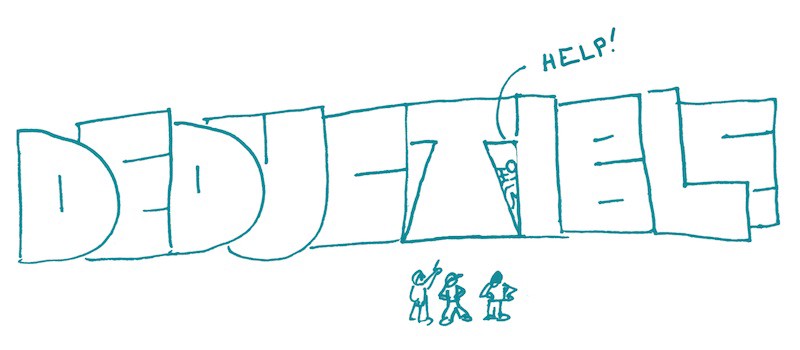You may also like
-
Mayor-elect Zohran Mamdani urged undocumented immigrants to ‘know your rights’ and stand up to ICE in a video message Sunday, offering guidance on how to protect themselves from federal enforcement.
-
A Cinnabon worker in Wisconsin has been fired after a viral video caught her unleashing the N-word and other racist insults at a Somali couple over the weekend.
-
Two baby-faced Florida teens allegedly lured a 14-year-old girl into the woods, where they fatally shot her and set her remains on fire — all over a clash that began online.
-
Former President Joe Biden sparked headlines Friday afternoon after stumbling over the word ‘America’ during remarks criticizing the Trump administration at an LGBTQ rights forum in Washington, DC.
-
In the moments before Texas A&M cheerleader Brianna Aguilera fell to her death, witnesses say they heard someone scream, 'Get off me!' — and the so-called 'suicide note' police found deleted from her phone was actually a creative writing essay, her mother’s lawyer revealed Friday.
-
Anna Kepner’s 16-year-old stepbrother was forced out of the family’s Florida home just as federal investigators are reportedly weighing charges against him in the cheerleader’s tragic cruise-ship death.
-
CNN anchor Jake Tapper came under fire Thursday after mistakenly referring to accused D.C. pipe-bomb suspect Brian Cole Jr. as a 'white man.’
-
Police revealed that Texas A&M cheerleader Brianna Aguilera had written—and then deleted—a suicide note on her phone just days before she plunged 17 stories from an Austin apartment building, a fall authorities have now ruled as a tragic act of self-harm.
-
The face of accused D.C. pipe-bomb suspect Brian Cole Jr. has surfaced publicly for the first time since his arrest for allegedly placing explosive devices outside the Republican and Democratic National Committee buildings just before the Jan. 6, 2021, Capitol attack.
-
Ilhan Omar’s connections to a welfare fraud in her Minnesota district are drawing fresh scrutiny as new details come to light—and the story is only getting bigger.

/Understanding-What-is-a-Deductible-in-Insurance-Women-Explaining-58900c523df78caebc6ea56b.jpg)


/GettyImages-490636933-2--575b268c3df78c98dc3dba01.jpg)


















